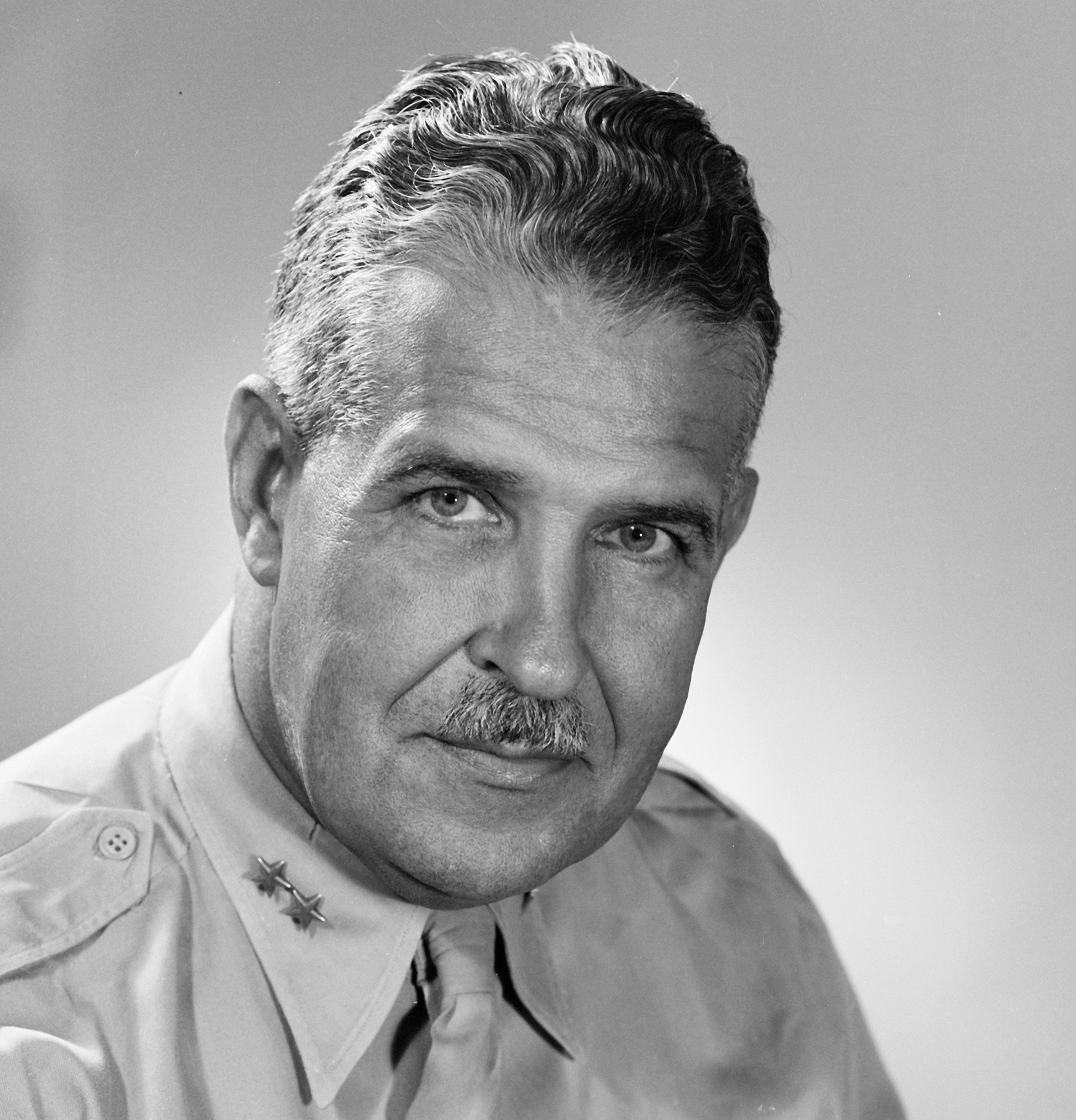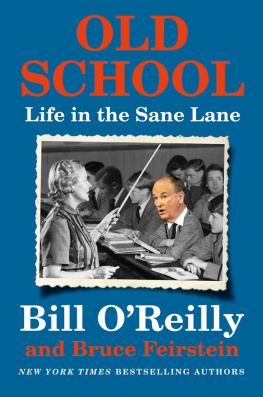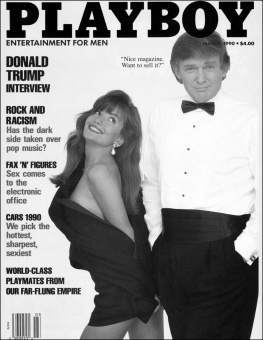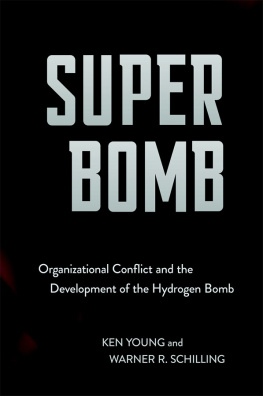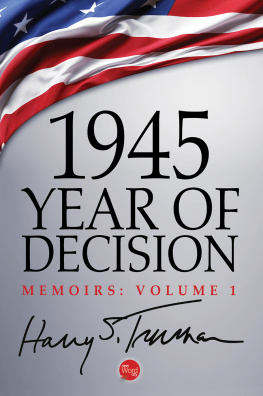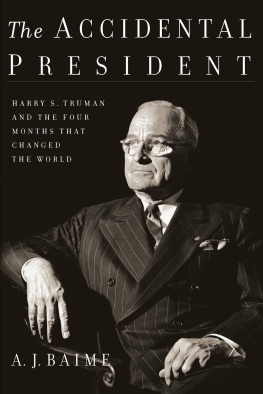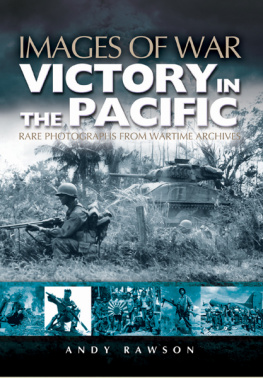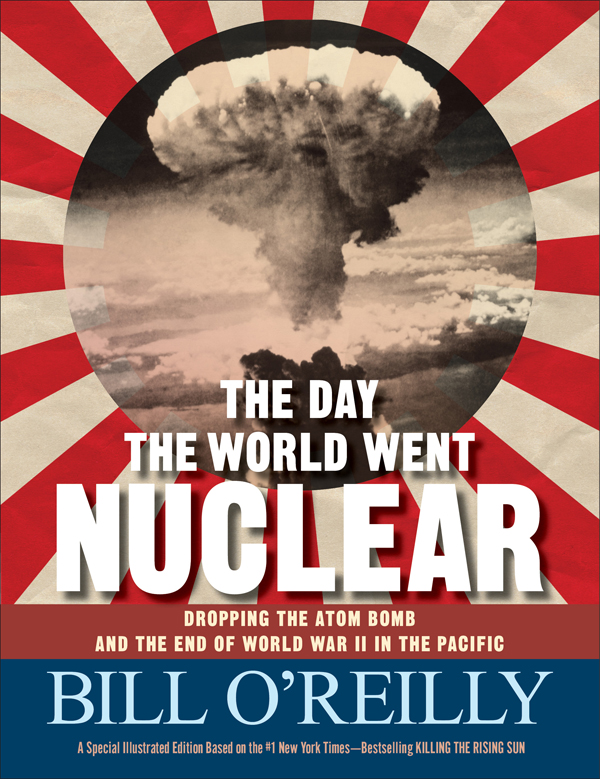Contents
Guide
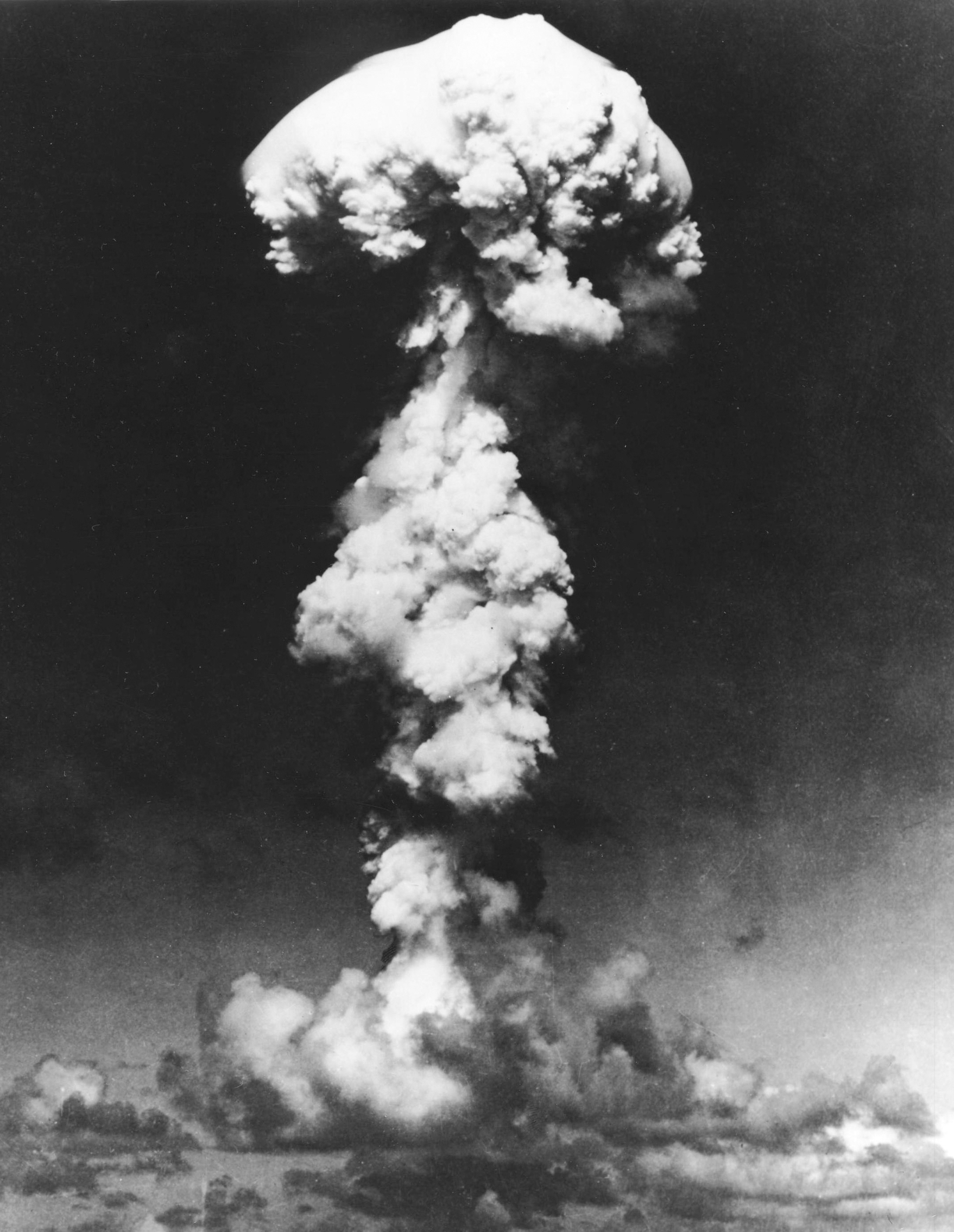

The author and publisher have provided this e-book to you for your personal use only. You may not make this e-book publicly available in any way. Copyright infringement is against the law. If you believe the copy of this e-book you are reading infringes on the authors copyright, please notify the publisher at: us.macmillanusa.com/piracy.
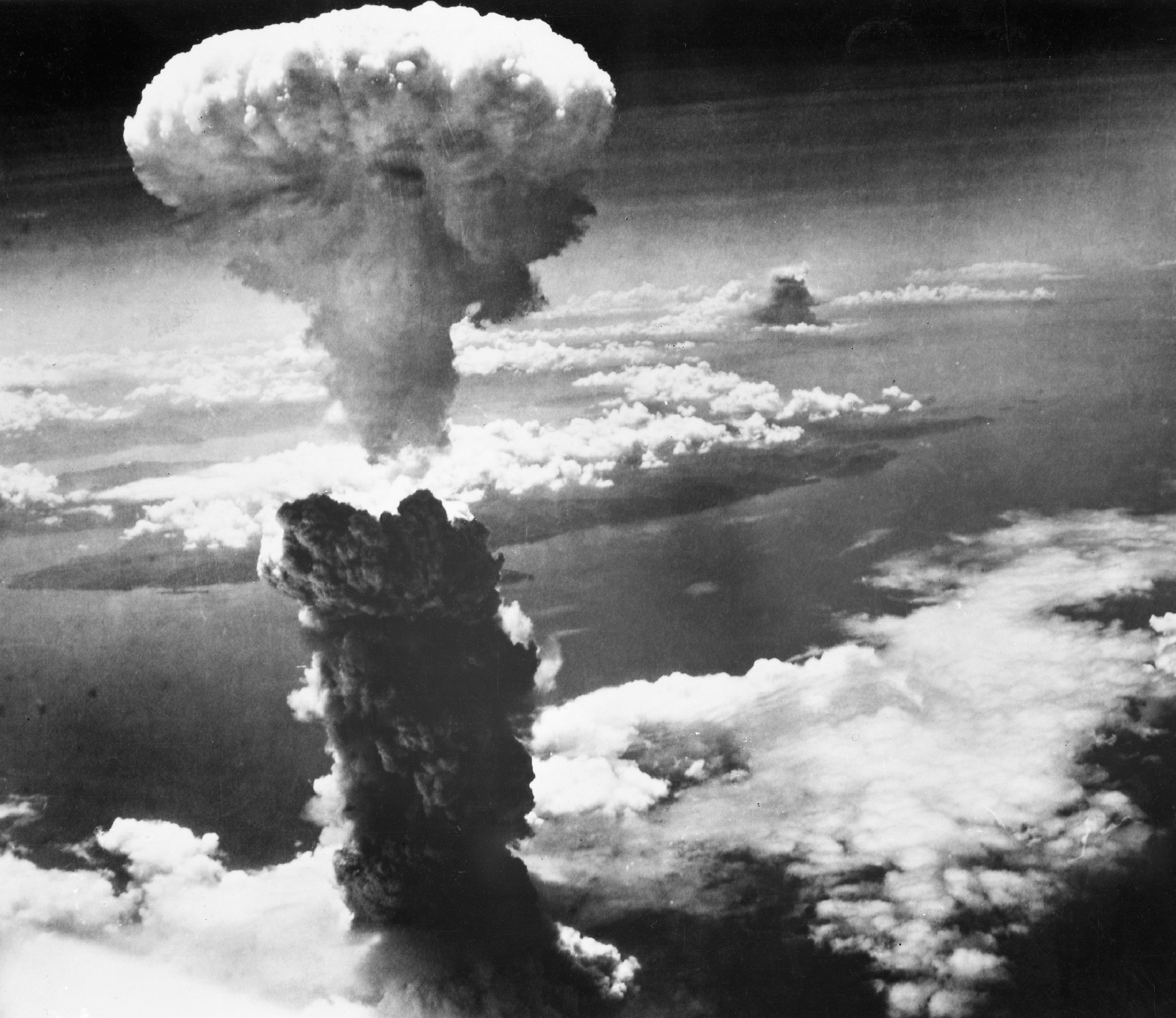
CONTENTS
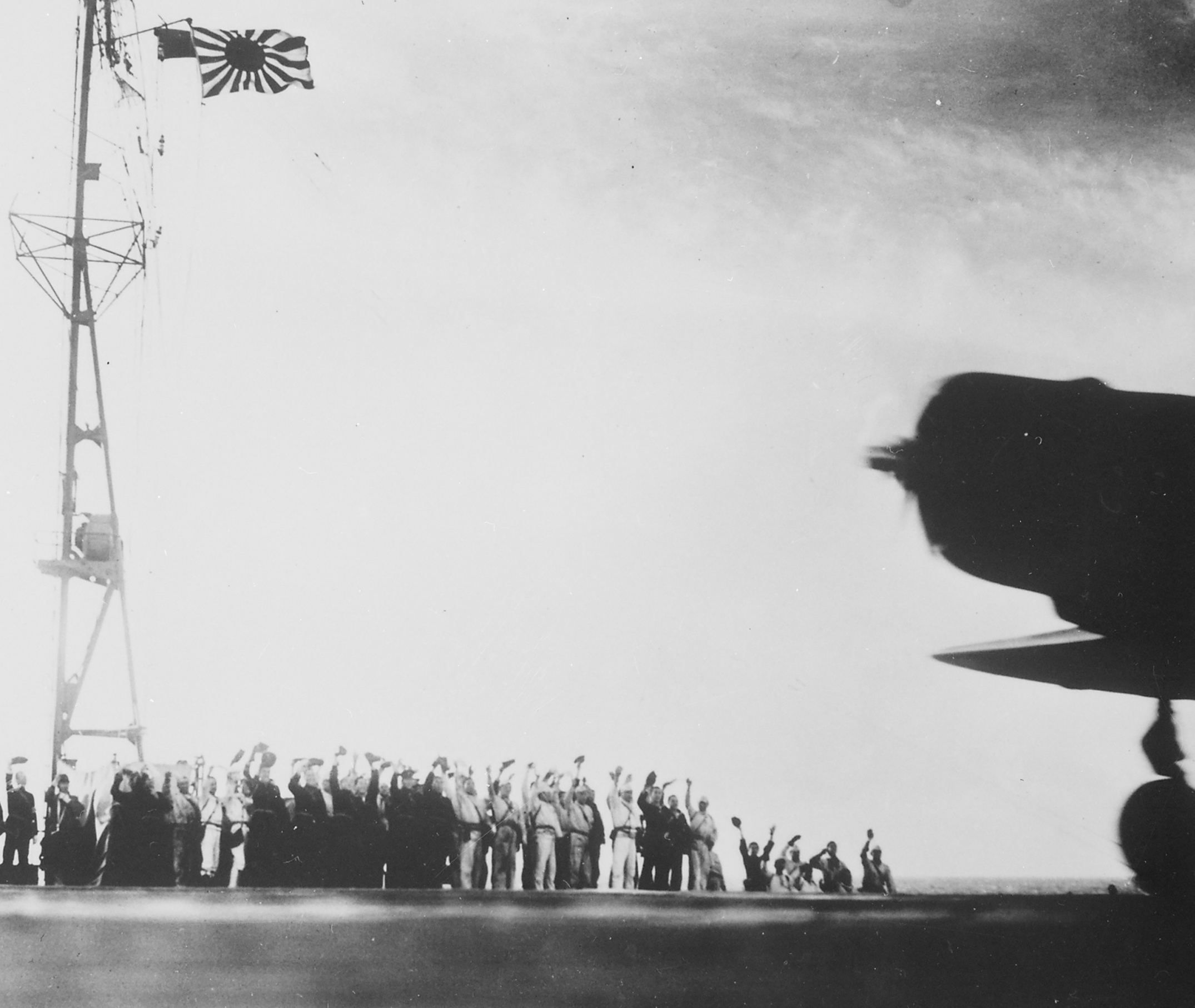
We recognize that the application of recent scientific discoveries to the methods and practice of war has placed at the disposal of mankind means of destruction hitherto unknown, against which there can be no adequate military defense, and in the employment of which no single nation can in fact have a monopoly.
From a statement issued by U.S. president H ARRY T RUMAN, Canadian prime minister M ACKENZIE K ING , and United Kingdom prime minister C LEMENT A TTLEE on November 15, 1945
* * *
We knew the world would not be the same. A few people laughed, a few people cried, most people were silent. I remembered the line from the Hindu scripture, the Bhagavad Gita; Vishnu is trying to persuade the prince that he should do his duty and, to impress him, takes on his multi-armed form and says, Now I am become Death, the destroyer of worlds. I suppose we all thought that, one way or another.
R OBERT O PPENHEIMER on the first successful test of a nuclear bomb, from the 1965 television documentary The Decision to Drop the Bomb
T HE YOUNG ENSIGN FROM Brooklyn looks at his wife, who is holding their newborn son. The baby is big, more than ten pounds. The ensign has been back from the Pacific for more than two years and is starting a new life: as father and provider.
William James OReilly hopes his new son will follow in the tradition of his ancestors: hardworking Irish Catholics who value family and loyalty over money and material things. He and his bride of just over a year, Angela, are thrilled with their baby boy, whom they name BillyWilliam James OReilly Jr.
Bill and Angela married in New York Citys St. Patricks Cathedral in 1948. She already had a good job as a physical therapist at Columbia-Presbyterian Hospital in Manhattan, and it is there baby Billy is born. Ensign OReilly, with a college degree from St. Francis College and military training at the College of the Holy Cross, is trying to decide on a career direction. Now, with the arrival of the baby, the urgency of that decision is more pronounced.
The newlywed couple lives in a small apartment just over the George Washington Bridge in northern New Jersey. Money is tight. Already the ensign is regretting leaving the navy, where there was security and direction. Unlike many of his peers, Bill OReilly Sr. loved his time in the service. He learned much during the occupation of Japan, the experience bringing him a measure of respect for the Japanese people, who, in his opinion, endured the occupation with discipline.
Soon the ensign will move his wife and baby to the teeming New York City suburb of Levittown on Long Island. Here, inexpensive housing is being built, and mortgages for veterans are favorable. The price for a simple two-bedroom home is eight thousand dollars. Both Bill and Angela will live there until they die.
* * *
My father was always nostalgic for the navy and fascinated by World War II. He firmly believed he would have been killed if MacArthurs land invasion had come to fruition; his ship, the Oneida , was set to ferry hundreds of marines close to the beaches of Japan. Only later did my father find out that thousands of Japanese kamikaze pilots were waiting to attack the U.S. fleet. The carnage would have been devastating.
And so it is that Ensign OReilly, his wife, and their two childrenmy sister, Janet, arriving two years laterbuilt yet another traditional American family over the decades of the 1950s and 1960s. My dad never prospered in the marketplace, keeping his job as a low-level financial analyst for almost thirty years. As a child of the Great Depression, he valued a steady paycheck more than anything. Thus, he settled for a pedestrian job and allowed his vast talents for communication to go undeveloped.
Not usually introspective, my father was convinced of one certainty, which he shared with me on a few occasions: his very existence, and therefore my life as well, was likely saved by a terrible bomb and a gut-wrenching presidential decision that is still being debated to this day.
But for the young ensign and his present-day son, there really is no debate, only a stark reality. Had the A-bombs not been used, you would very likely not be reading this book.
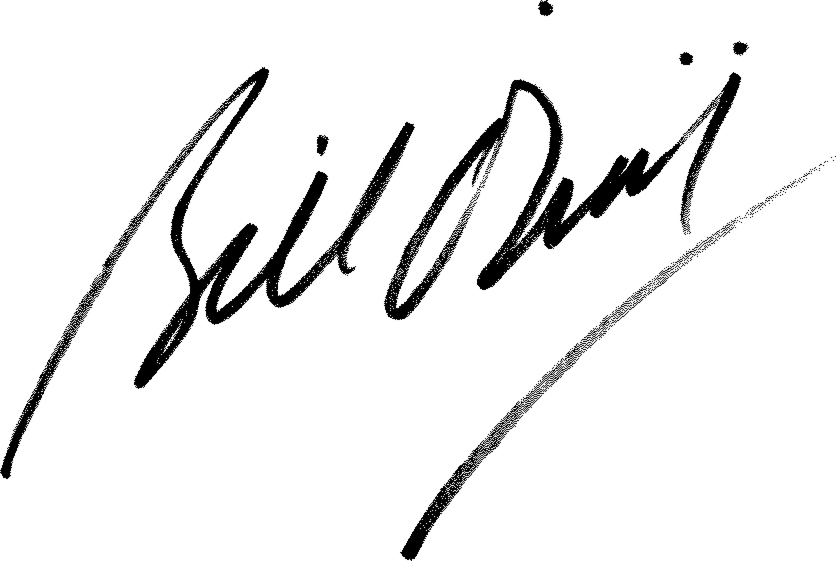
U . S . G OVERNMENT
Franklin D. Roosevelt : President of the United States from March 4, 1933, until his death on April 12, 1945
Harry S. Truman : President of the United States from April 12, 1945, to January 20, 1953
Henry L. Stimson : Secretary of war in the Roosevelt and Truman administrations
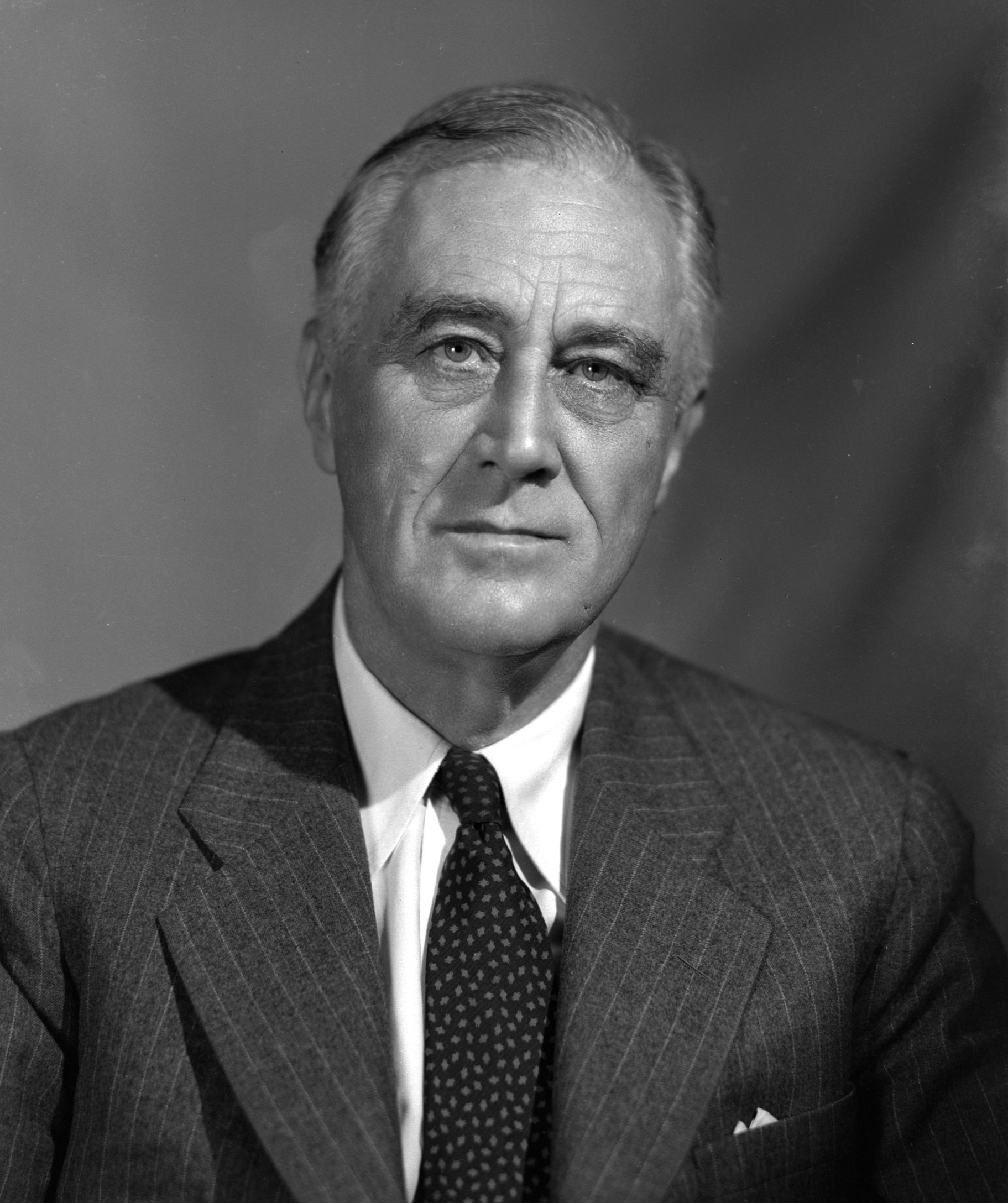
Franklin D. Roosevelt
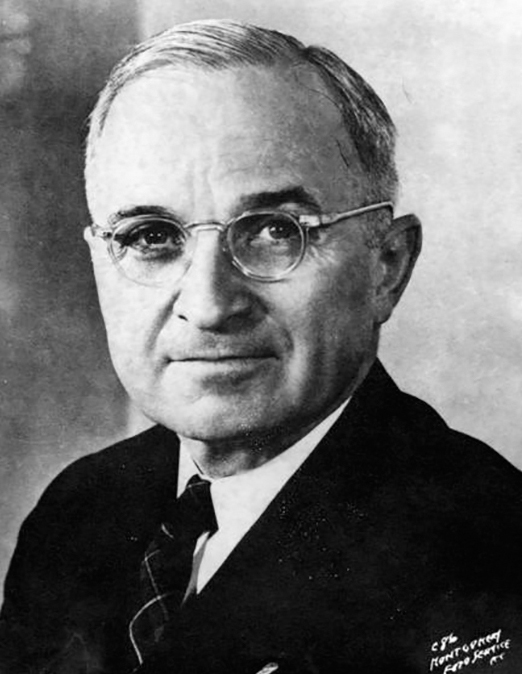
Harry S. Truman
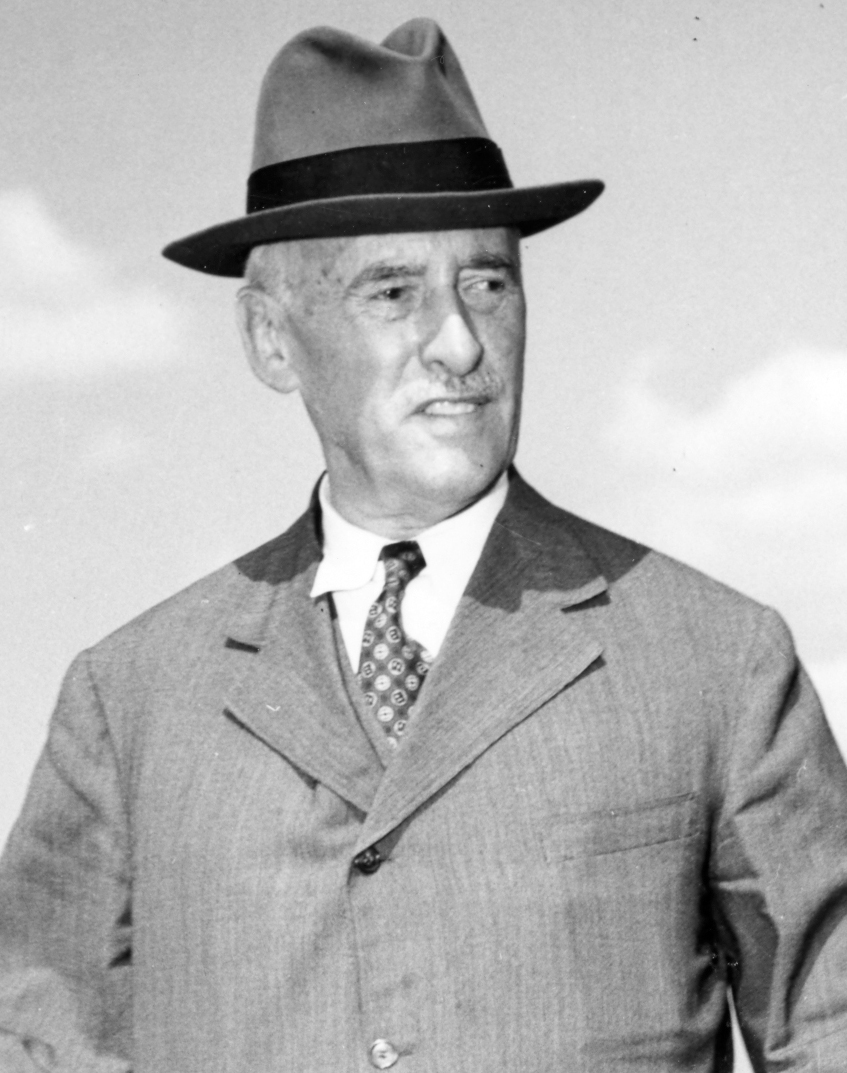
Henry L. Stimson
J APANESE G OVERNMENT AND M ILITARY
Hirohito : Emperor of Japan
Tomoyuki Yamashita : Army general
Hideki Tojo : General of the army and prime minister from October 18, 1941, to July 22, 1944
Kuniaki Koiso : Prime minister from July 22, 1944, to April 7, 1945
Kantaro Suzuki : Admiral in the navy and prime minister from April 7, 1945, to August 17, 1945
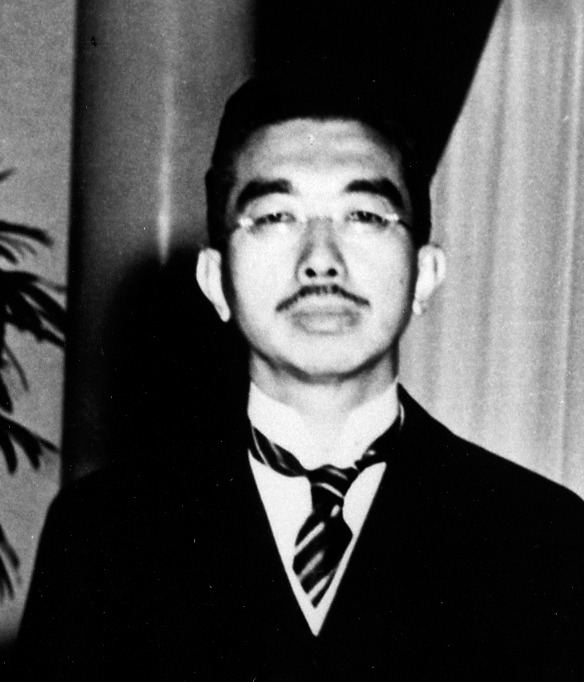
Hirohito
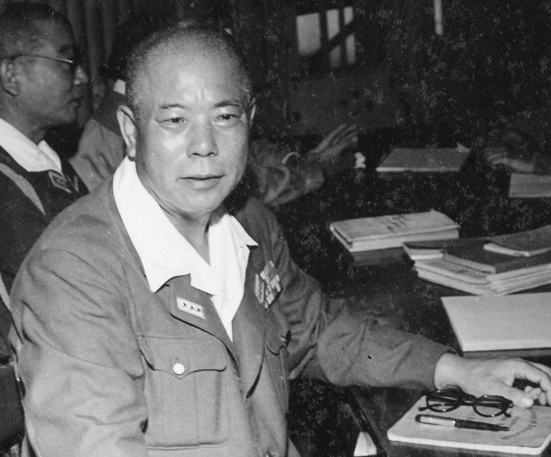
Tomoyuki Yamashita

Hideki Tojo
T HE M ANHATTAN P ROJECT
Leslie Groves : U.S. Army general in charge of the Manhattan Project
Robert Oppenheimer : American physicist and laboratory director of the Manhattan Project
